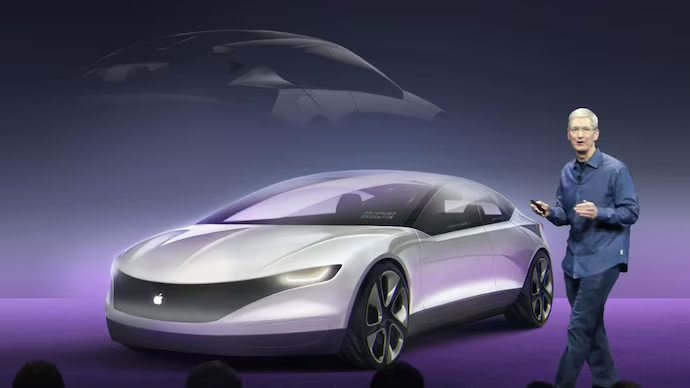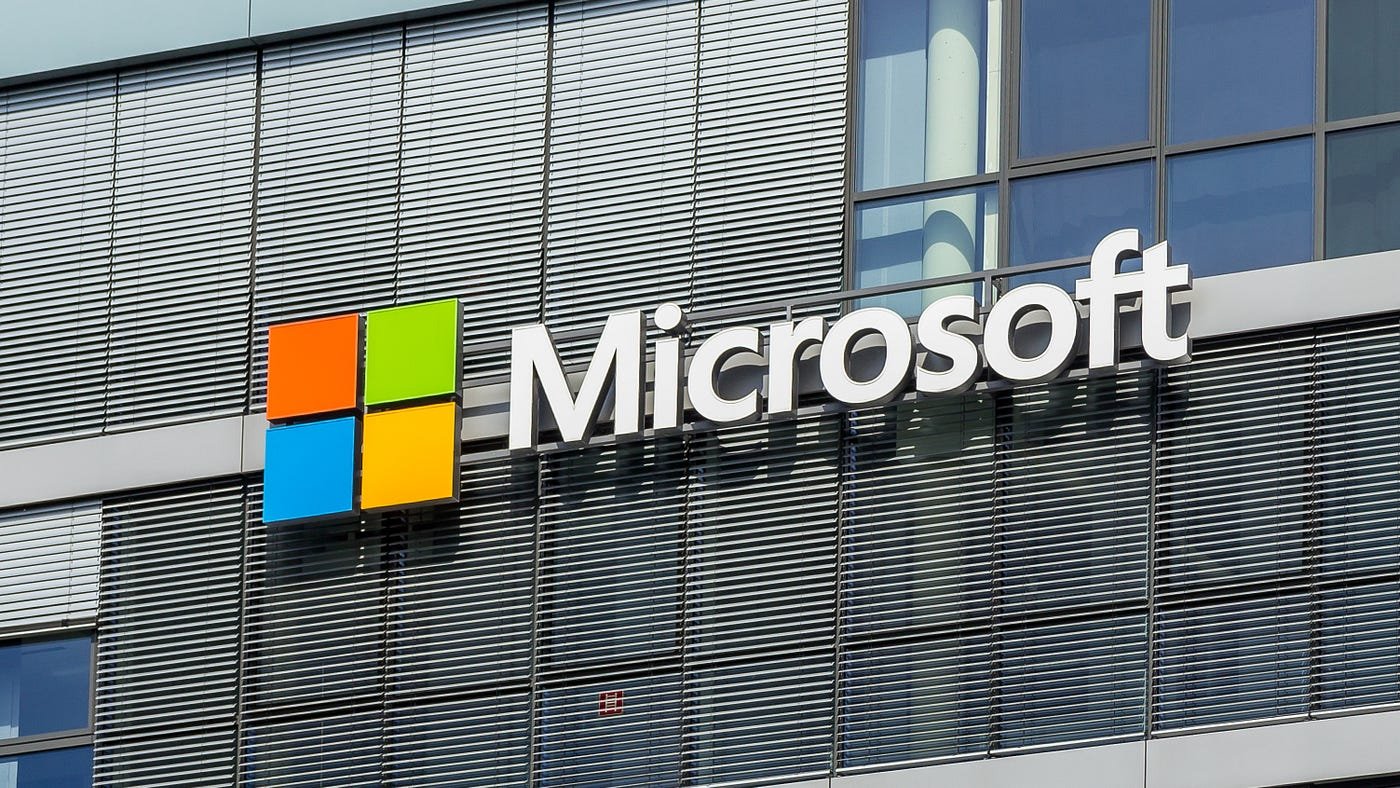
Rajkotupdates.news:the-apple-car-launch-will-be-delayed-until-2026: What to Expect?
Renowned for technological brilliance, Apple Inc. recently revealed a significant delay in releasing its much-awaited Apple Car. Though initially thought to start sooner, the behemoth of technology has changed its schedule to now call for a 2026 launch. The automotive and technology industries have been rocked by this choice, which has changed consumer expectations and raised competitiveness. This delay gallows Appleto to consider the relevance, difficulties, and implications of its ambitious endeavor into electric vehicles (EVs), guiding future directions.
Read on to know more about Rajkotupdates.news:the-apple-car-launch-will-be-delayed-until-2026.
What is an Apple car?
Apple Car is the much-discussed initiative of Apple Inc. to create an electric, maybe automated car. Although Apple has not formally confirmed the project’s existence, several sources, leaks, and hiring patterns make it abundantly evident that the corporation is developing an original product targeted at the future of transportation.
Apple’s audacious foray into an industry it has never entered—automotive manufacturing—is its boldest move. Unlike its consumer electronics products—like the MacBook or iPhone—building a vehicle calls for negotiating challenging technical, legal, and industrial environments.
Important Notes about the Apple Car
The Apple Car is a radical idea because of several elements. The following summarizes some of its salient features:
Focus On Electric Vehicles
Expected to be an electric vehicle (EV), the Apple Car reflects world trends toward lower carbon emissions and sustainable mobility. Apple might use its current battery technology knowledge to have a competitive advantage over more conventional manufacturers.
Autonomous Driving:
There are indications the Apple Car will have autonomous driving powers. Apple purportedly has been testing self-driving technology, although specifics remain conjecture. Should this come to pass, the Apple Car might be a breakthrough in the evolution of totally driverless cars.
Complicated Development
Starting the car business marks a significant break from Apple’s typically consumer electronics-oriented approach. Developing a car requires manufacturing capabilities, supply chain logistics, regulatory barriers, and safety testing; developing a phone or laptop requires different skills.
Potential Market Disturbance
Should the Apple Car be successful, it may upend the automotive sector, just as the iPhone transformed the smartphone sector. The car might alter the driving experience by including Apple’s ecosystem with products like Apple Maps, CarPlay, and more.
Unclear Chronology
Though the debut of the Apple Car has generated great enthusiasm, there are several speculations regarding it. Initially, some analysts projected a release as early as 2023, while others said it would be postponed past 2026. The corporation has formally scheduled 2026 as the date now, although it remains to be seen whether this will hold.
Extreme Rivalry
Apple must contend with fierce competition from other technology businesses and more seasoned manufacturers. The market is quite competitive since Tesla, Google’s Waymo, and conventional automakers like General Motors (GM) have all made notable progress in EV and autonomous car technologies.
Apple’s Formal Delay: Why 2026?
Rajkotupdates.news:the-apple-car-launch-will-be-delayed-until-2026: The most recent estimate by Rajkotupdates.news shows that Apple Inc. formally has put out the introduction of the Apple Car until 2026. Given the intricacy of the project, this wait is not surprising. Apple is well-known for giving quality and precise engineering priority, often resulting in long times. Let’s investigate a few of the likely causes of this notable delay.
Reasons For The Delay
Many essential elements have helped to explain this delay:
Technical Difficulties
Creating a car with autonomous driving capacity is an enormous challenge. Apple has had challenges improving its autonomous systems to guarantee they satisfy high safety criteria. It’s about building an innovative automobile that can drive itself under challenging real-world circumstances, not only about designing a vehicle.
Problems With The Supply Chain
Like many businesses, Apple has experienced difficulties in its worldwide supply chain, especially given the COVID-19 epidemic and geopolitical concerns. Building an automobile requires significant components and resources, which are increasingly challenging to get regularly.
Legal Obstacles
One highly regulated sector is the automobile. Before introducing its car, Apple needs to satisfy many technical, environmental, and safety criteria. Navigating these rules takes time, especially for a business fresh to the automobile scene.
Dedication To Mastery
Apple’s choice to postpone the introduction shows its constant dedication to providing a better good. The business wants to ensure the Apple Car establishes fresh user experience, safety, and quality standards.
The Competitive Scene In Landscape
The delay gives Apple’s rivals a chance to advance. Rajkotupdates.news claims that the delay lets rival tech companies and manufacturers hone their EV and autonomous vehicle products. While Google’s Waymo has been making notable advancements in autonomous driving technologies, Tesla still rules the EV industry. With intentions to boost output and launch fresh models by 2026, traditional automakers like GM and Ford are also developing their EV lines.
Apple’s delay allows these firms more time to confirm their market positions, so the competition will be even more intense when the Apple Car finally rolls out.
Industry Influence And Consumer Expectations
Apple is well-known for generating buzz about its goods, and the Apple Car is no exception. Years of increasing consumer expectations have seen many hoping the vehicle will transform the sector. The delayed schedule might, however, lessen some of this thrill.
Still, Rajkotupdates.news argues that Apple’s longer development cycle could allow the business to include innovative ideas and improve its appearance depending on customer comments. This could finally produce a product more than expected than one hurriedly launched to market. From an industry standpoint, the delay also changes the market. Apple’s debut will be perceived as a late arrival while rivals unveil their EVs and driverless cars. Meanwhile, it is impossible to overlook Apple’s history of entering marketplaces following others and rising as a leader.
Strategic Considerations And Future Vision
Apple’s delay also begs strategic concerns. The IT behemoth has to keep significantly investing in its EV aspirations if it is to stay competitive. Rajkotupdates.news claims that Apple may have the chance to create new alliances with reputable manufacturers or other tech companies to improve its capacity in autonomous driving or battery technologies based on the longer timescale.
Apple might also use this period to strengthen its supply chain, increasing its resilience against interruptions. Apple might be more suited by 2026 to present its car free from the limitations now afflicting the global automobile sector.
In Essence, A Bold Prediction For The Future
Apple deliberately decided to postpone the introduction of the Apple Car until 2026. Although customers ready to get their hands on the car may be disappointed, Apple’s delay shows their dedication to providing a novel product. Apple’s joining the EV market marks a turning point as the automotive sector develops.
Technology and market dynamics will undergo notable changes during the next several years. Apple might find the delay a benefit since it will enable it to improve its product and introduce an electric car, satisfying its high standards for quality and creativity. As we wait to see whether the Apple Car can live up to the hype and genuinely change how we drive, 2026 will be the focus of all eyes.






